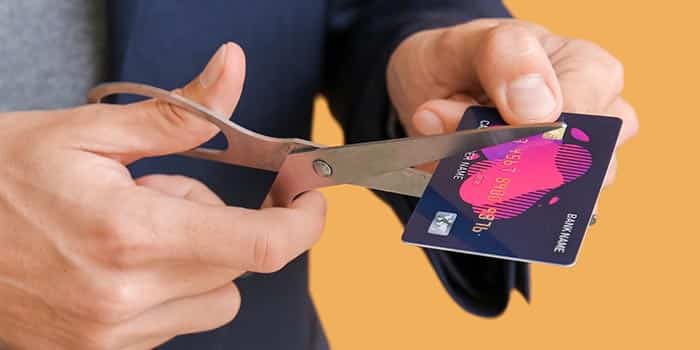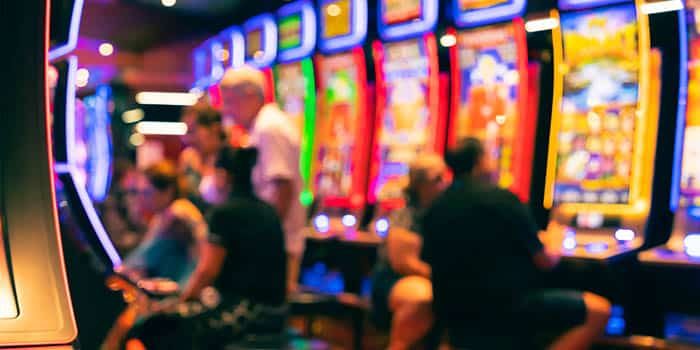Fact-checked by Stoyan Todorov
UConn Professor: “Future of Addiction Therapy Might Just Be Virtual”
A UConn research team is using virtual reality to help college students “crush” gambling triggers and reduce risky betting behaviors

Problem gambling is becoming a growing concern on college campuses, as more and more students engage in risky behavior at rates believed to be two to four times higher than adults. The internet has fueled this trend by offering young people ongoing, instant access to online poker rooms, virtual casinos, and sports betting apps that open new gambling sessions with a single click.
Promising VR Casino Program Results
At the University of Connecticut, associate professor of psychological sciences Robert Astur is working on a revolutionary virtual reality solution. Since January 2024, his team has been running a two-week program that places students inside a VR casino, with the task of discovering and eliminating all gambling cues.
Initial results have shown great potential, with students reaching the end of the pilot reporting fewer gambling urges and showing more control over risky behavior. The complete analysis of the data will become available later this summer, but Astur strongly believes in the program’s ability to “crush” gambling triggers in a way that will also impact real-life behavior.
His idea is based on a 2009 collaboration with psychology professor Benoit Gerard of the University of Quebec, who used VR to combat smoking. Similarly, participants were asked to search for cigarettes in a virtual setting and destroy them, with those in the VR group reaching 15% abstinence rates compared to the 2% of the control group. VR group participants also showed reduced nicotine dependence.
The gambling study’s follow-up will track “physiological responses and behavioral changes”, establishing if the VR exercise can truly translate into fewer cravings and less gambling outside the lab.
“The Stakes Are High”
If successful, the VR approach “could revolutionize addiction treatment” for gambling and other compulsive behaviors, including gaming, cannabis use, and smartphone addiction.
“The future of addiction therapy might just be virtual.”, explained the professor whose lab created the virtual casino with open-source software customized with features like slot machines and card tables.
Senior psychology major Allison Millspaugh demonstrated how it works, smashing slot machines with a virtual hammer and setting fire to blackjack cards using VR controllers.
Young adults are especially vulnerable, notes doctoral student Finn Zakas, because their brains are still developing. Participants were recruited through UConn’s Student Digest, completed follow-up surveys, and were compensated with small stipends.
“The stakes are high,” Astur emphasized, mentioning the connection between gambling addiction, depression, suicide risk, poor grades, and strained relationships. Astur wishes to expand the study beyond the 30 students in the pilot and publish results in 2025.
After finishing her master's in publishing and writing, Melanie began her career as an online editor for a large gaming blog and has now transitioned over towards the iGaming industry. She helps to ensure that our news pieces are written to the highest standard possible under the guidance of senior management.

















